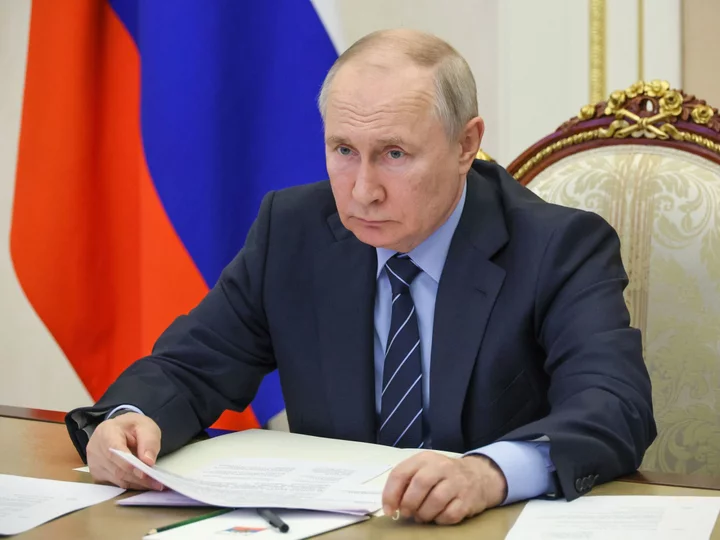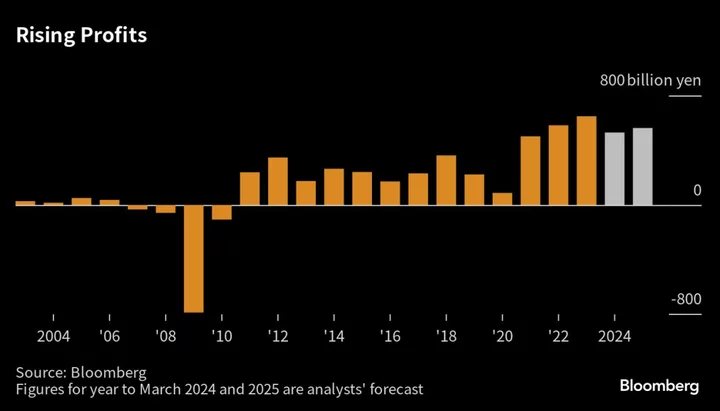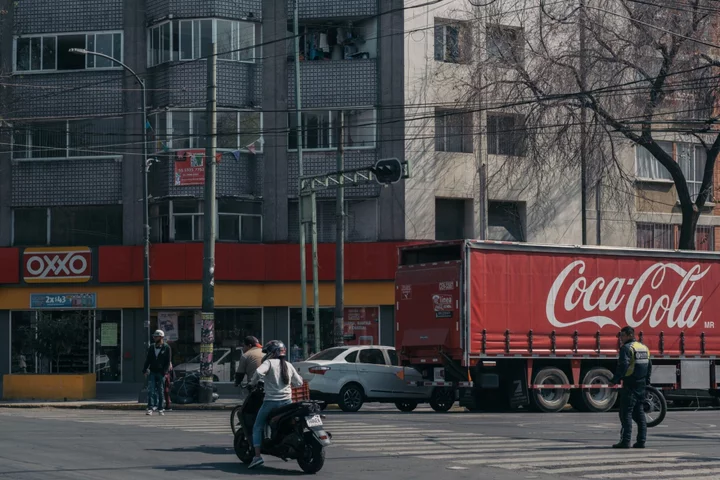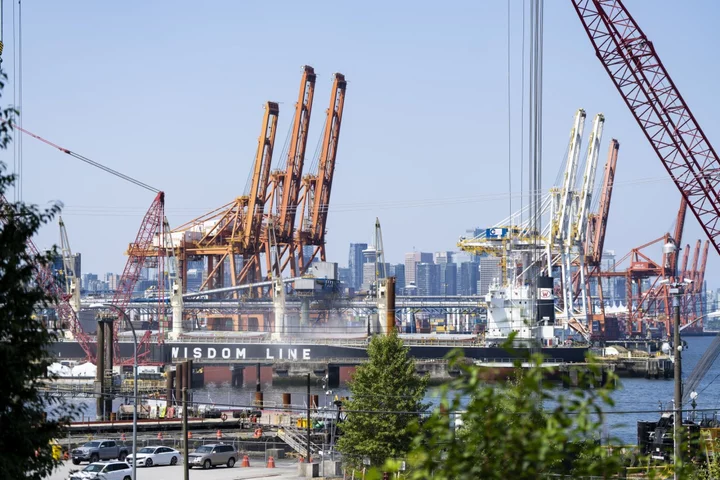Russia’s government will hold off on stiffening restrictions on the movement of capital and instead prepare recommendations for exporters to coax them into surrendering more of their foreign revenues to help stabilize the ruble.
Following a meeting on Wednesday between President Vladimir Putin and top officials, authorities are now crafting informal measures of capital control, according to three people familiar with the discussions.
Guidelines for large exporters are being prepared on an individual company basis and will go beyond mandating the sale of foreign proceeds to include hard-currency transfers such as dividend payments and loans, said the people, who requested anonymity to speak about deliberations that aren’t public.
Putin was informed of the plans at the meeting that included central bank Governor Elvira Nabiullina and Finance Minister Anton Siluanov, according to the Russian business daily Vedomosti. Despite the ruble’s gains this week, it’s still among the three worst performers in emerging markets, having lost about 22% since the beginning of the year.
Depending on how the ruble fares, formal capital controls might still be an option, the people said.
The precipitous decline in the Russian currency in recent weeks put the issue of tighter capital controls back on the government agenda. Russia already used such measures last year to stave off the ruble’s collapse after the US and its allies imposed sweeping sanctions in punishment for the invasion of Ukraine.
As Russia reaped a windfall from a spike in commodity prices, the restrictions were partially lifted once the ruble rallied so much that it became problematic for the budget, reducing proceeds from oil and gas exports.
Rate Hike
With the ruble coming under pressure, the central bank announced last week that it would refrain from foreign-currency purchases, a decision it followed with a steep hike in interest rates at an emergency meeting on Tuesday.
Government discussions intensified this week after the ruble briefly broke through 100 to the dollar for the first time since March last year. The initiatives were initially discussed at a meeting between the government and exporting companies on Monday.
Officials told exporters that some measures under consideration may extend to company dividend payments and loans, according to executives at two firms. Both of their companies increased the sale of export revenues last week when it became clear that the government may impose formal capital controls, they said.
Russian exporters have already been selling more than 80% of their revenues on the market, central bank data shows. Nabiullina said in July that the Bank of Russia is closely monitoring foreign-currency sales from exporters and only 1% of their incomes remains outside of the country.
When it comes to repatriating foreign earnings, fertilizer producers were seen as the biggest laggards, according to Vedomosti.









